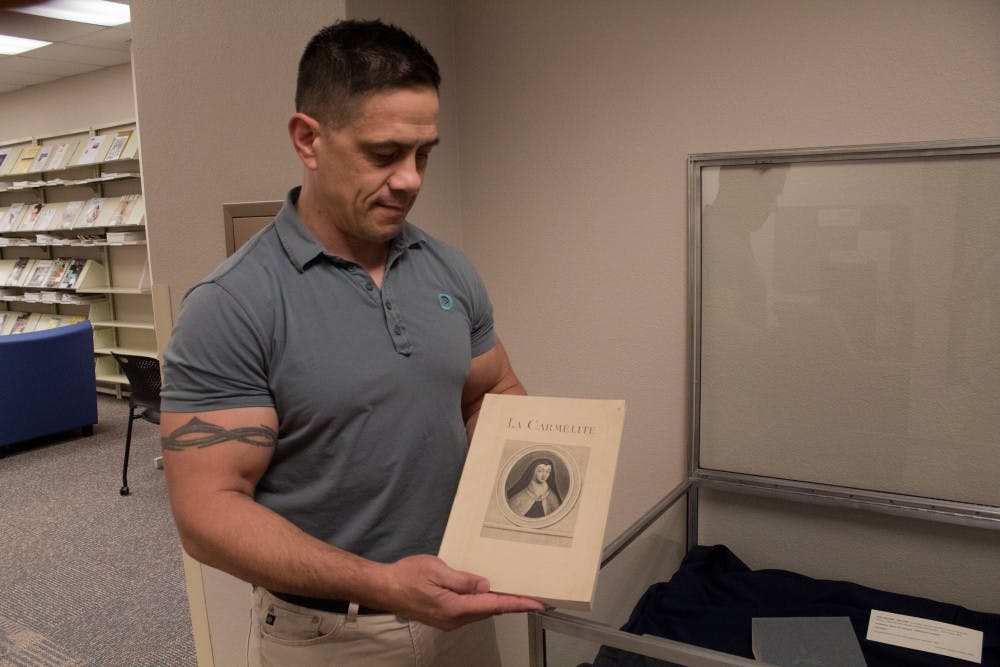Many people may not believe in the theory of evolution, but it is safe to say that music has drastically evolved and so has the taste of listeners to accommodate today’s top radio hits.
With constant development in music, it is natural that there will also be a constant shift in music preferences, especially in millennials. Studies have shown that classical music is one of the most disliked genres, particularly among college-age students and the college educated.
However, classical music boasts many benefits to its listeners, and millennials, particularly college students, should take note. Classical music has been shown to enhance creativity, curb depression and spark creativity — all elements which impact the college student's life.
This is not an attack on millennials for under-appreciating or misunderstanding classical music. However, we need to acknowledge the existing disconnect between the millennial generation and classical music and why it should be repaired.
“Classical music sort of distances itself from the younger generation, … but I think the classical community doesn’t do enough to reach out to the younger generation," Robert Mills, Ph.D, associate professor in the ASU School of Music, said.
Despite its unpopularity among millennials, classical musicians in this demographic are attempting to bridge the gap that has been accumulating over time.
Famous musicians 2CELLOS recently did a cover of "Despacito" by Luis Fonsi. Many other musicians on YouTube are doing classical instrumental renditions of top radio hits. There’s even piano and violin covers of popular rap songs like "XO TOUR Llif3."
“I think more and more of the younger classical musicians realize that (there is a disconnect) so they’re becoming slightly more eclectic with what they perform in their shows to sort of draw in the younger crowd … They’re putting a lot more jazz and pop type music into their concerts,” Mills said
It is imperative to repair this separation not just because classical music is no longer appreciated, but also because there are many known benefits linked to listening to it.
Classical music has the potential to give students a healthy outlet for stress, which is a major issue plaguing college students, especially during the first year of college where students may turn to unhealthy coping methods such as drug use, and binge drinking.
In addition to the mental health attributes, classical music is also considered a visual form of art. In the ASU Music Library, there is an exhibit of ten first edition opera scores on display, all from the private collection of Mills.
Mills has a passion for collecting musical scores in respect to their aesthetic visual value and the time spent on each individual score.
“If you look at modern books, they all look vastly the same. There is nothing aesthetically pleasing about them … publishers today are producing bazillions of these books so that the masses could buy them, so obviously the quality isn’t nearly as good,” Mills said.
Tremendous effort has gone into these scores and compositions, so it would be a disservice for college-age students to not give it a chance.
“Our job as classical musicians is to educate (everyone on classical music) in a very kind and inviting way,” Mills said.
ASU gives students many opportunities to enjoy classical music by hosting events and clubs where classical music is examined and appreciated.
By opening their minds to classical music, students may just reap the health benefits and cultural fulfillment they have been missing out on.
Reach the columnist at trwska96@gmail.com or follow on Twitter @trwscuit.
Like The State Press on Facebook and follow @statepress on Twitter.
Editor’s note: The opinions presented in this column are the author’s and do not imply any endorsement from The State Press or its editors.
Want to join the conversation? Send an email to opiniondesk.statepress@gmail.com. Keep letters under 500 words and be sure to include your university affiliation. Anonymity will not be granted.




